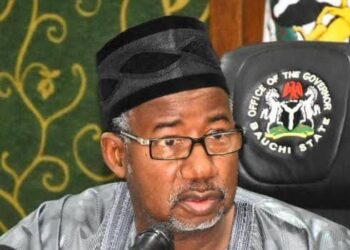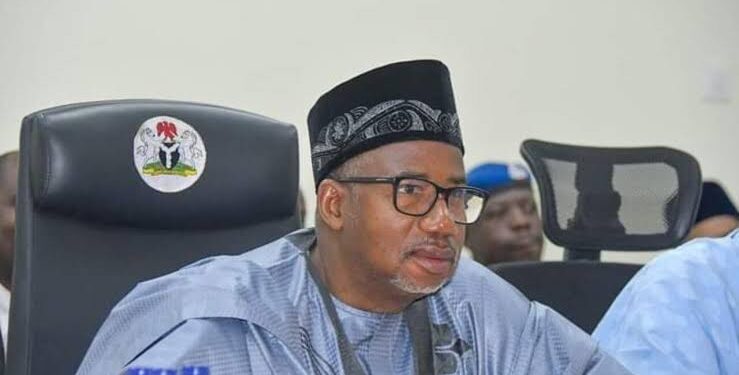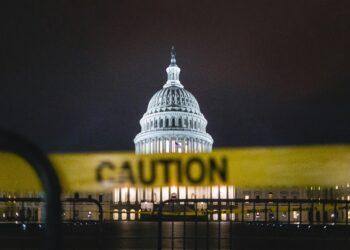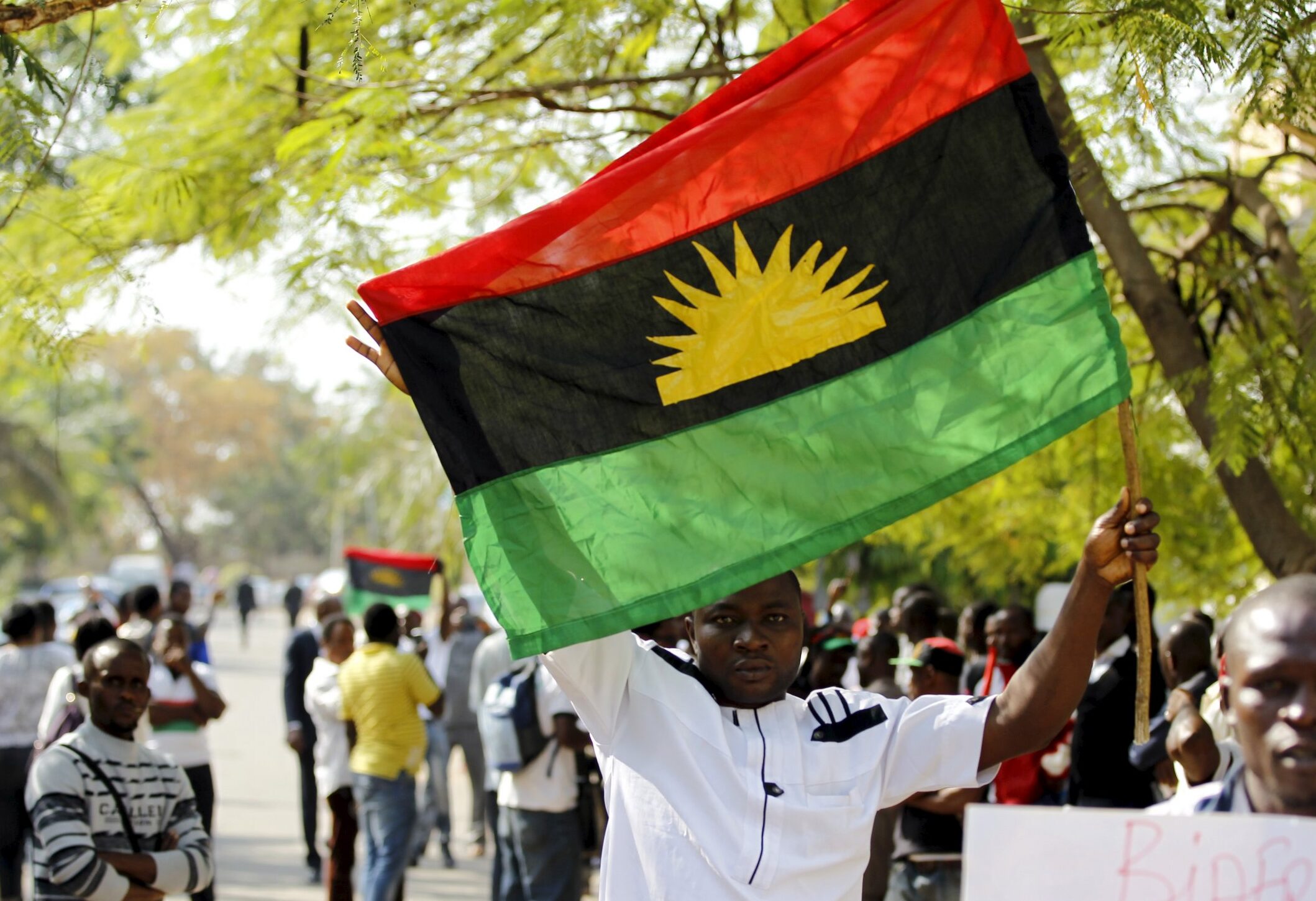Bala Mohammed, the governor of Bauchi, has urged organized labor to call off the nationwide strike planned for June 3. On Saturday, after meeting with Abia Governor Alex Otti, Edo Governor Godwin Obaseki, and members of the Peoples Democratic Party (PDP) national working committee (NWC), Mohammed expressed concerns that the strike could severely damage the economy and bring hardship to workers. The Nigeria Labour Congress (NLC) and the Trade Union Congress (TUC) had announced an indefinite strike on Friday, protesting the federal government’s refusal to raise the minimum wage from N60,000 and to reverse the electricity tariff hike.

“The strike is because of the government’s refusal to increase the minimum wage and also their refusal to reverse the electricity tariff hike,” Ben Ukpa, the NLC spokesperson, said.
Organized labor had set a May 31 deadline for the National Electricity Regulatory Commission (NERC) and the federal government to reverse the electricity tariff hike. On April 3, NERC approved an increase in the electricity tariff for Band A customers, raising the rate from N66 to N225 per kWh. The tariff increase sparked public outcry and demands for its reversal. The Bauchi governor warned that the country could fall into “severe poverty” if labor proceeds with the strike.
The Bauchi governor emphasized the need for workers to receive the best possible welfare, salaries, and wages within the financial limits of state and local governments. He pointed out that some state governors won’t be able to meet the federal government’s negotiated terms, noting that even the current N30,000 minimum wage is unaffordable for some states. He acknowledged labor leaders’ leadership and urged them to consider that the strike could cripple the economy and cause further pain to workers and everyone. He called for finding a middle ground that considers affordability.

















